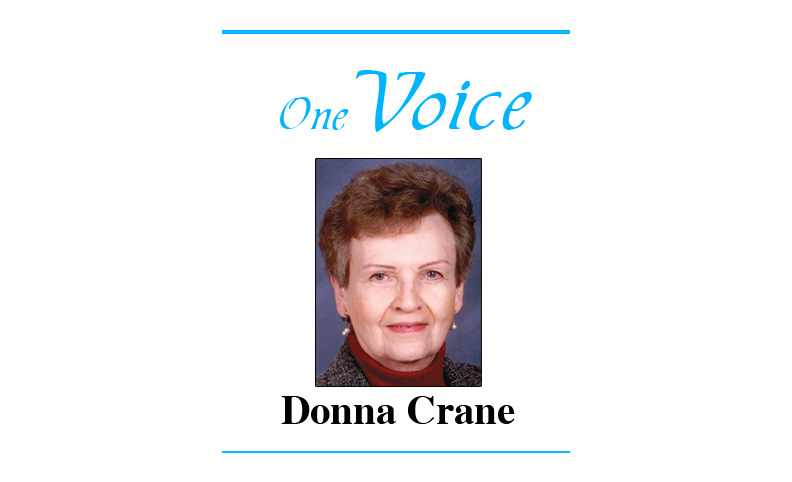
Reprinted from March 24, 2022
Last of two parts
Kendra Ward wrote the following article which was published in the 2021 Spring issue of YES magazine.
“We can engage in simple rituals of reciprocity by finding a daily communion with the creatures, waterways, and stars that remind us something vibrantly alive exists beyond our limited knowledge and understanding.
“Perhaps you are already in a loving relationship with a pet, a special tree, or a nearby river. Let us legitimize the way these things nourish and comfort us, and then seek out an even larger web of connection.
“Beginning with the place where we live, we can practice rousing our fullest attention by learning its indigenous history, both past and modern. Bringing a presence to the ground beneath our feet, we can study its slow, ever-changing geology, as well as the names of the plants and animals of the place we call home. We can engage in simple rituals of reciprocity by finding a daily communion with the creatures, waterways, and stars that remind us something vibrantly alive exists beyond our limited knowledge and understanding.
“We can regularly seek experiences that offer a greater perspective, reminding us of our small, but unique niche within the mix of all creation. This is what draws millions of people to national parks every Summer, or what puts us behind telescopes at 3 o’clock in the morning—the opportunity to feel humbled and awed, put back in place by the immensity of it all.
“We no longer need to believe in the story of our separateness, shifting our belief of individualism into a life-affirming sense of belonging with all beings. Earth-honoring ethics are the wisdom teachings of indigenous cultures around the world. But all of us are on the hook. It is the birthright and responsibility of all humans to come back into relationship with the Earth.
“With an ecological psyche we awaken something essential within ourselves. Listening to our quiet, biophilic, longings, we find that our bodies and spirits are hardwired for wilderness and our cells, our muscles, our lungs, have a memory of this: We are more sunflower, more thunder, more ocean tide than we are concrete. We have to rekindle this deep memory of where we come from. We are nature breathing, moving, trembling, in human form,” Ward wrote.
Kendra Ward has been an acupuncturist and herbalist since 2003. She lives with her family in rural Vermont on traditional Abenaki Indigenous people’s lands.

